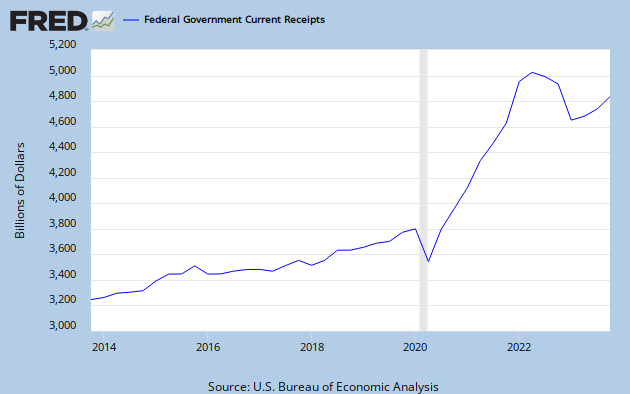So Heritage, basically the best economic minds in the country, are full of shit. You'd rather believe a bunch of Marxists or money-grubbing Democrats.
Shows everyone how bright you are.
Only thing the people on the left know how to do is take money, spend it faster then they can steal it, and cause turmoil everywhere they go.
Heritage isn't even a collection of good economic minds, must less the best ones. It's a talk shop for making intellectual sounding arguments to support Republican policy preferences.
That's your opinion. Problem is the Heritage Club has been in existence long before there even was a Republican party. I tend to believe them over a bunch of left-wing anarchists.
It's not an opinion and there is not a problem. Heritage is not a research institute, it's a lobbying organization founded in 1973, after the Republican Party had been in existence for over a century.
Also, it's a huge contradiction in terms to claim the left-wing is both Marxist and anarchist.


 Oh my, that made me laugh. You have got some funny posts, Toro. You make a good Keynesian.
Oh my, that made me laugh. You have got some funny posts, Toro. You make a good Keynesian.